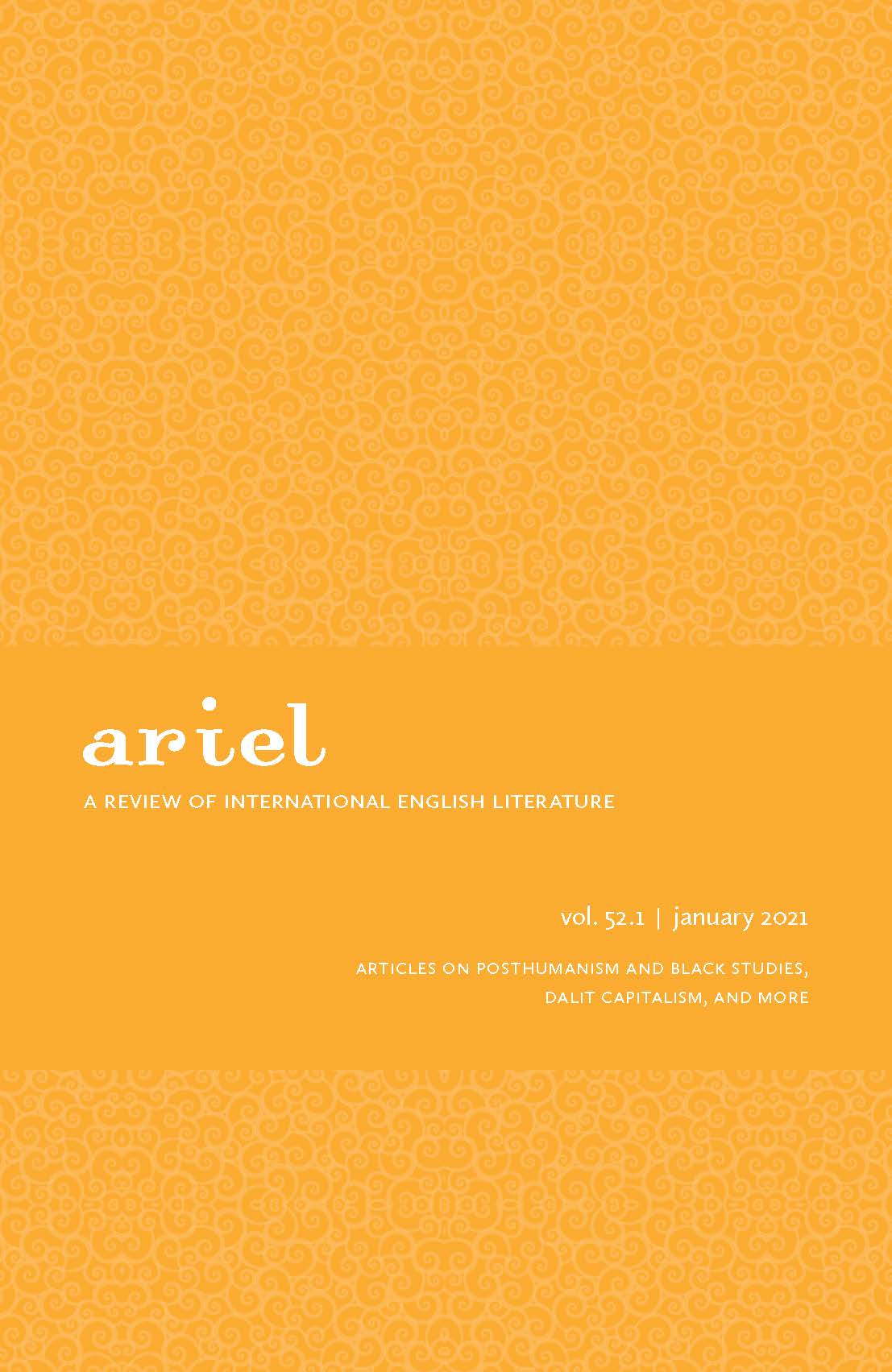Indefinite Detention: Chronotopes of Unfreedom in Mohamedou Ould Salahi’s Guantánamo Diary
Keywords:
Literature and the War on Terror, Guantanamo narrative, chronotopesAbstract
Former Guantánamo detainee Mohamedou Ould Salahi’s memoir, Guantánamo Diary (2015, Restored Edition 2017), has been well received as a document of the “emergency” violence in the war on terror, with explicit testimony to a range of grave rights violations. In this essay, we show how the book also reveals overlaps between these techniques of torture and abuse, on one hand, and both Guantánamo’s deep colonial roots as well its reliance on “ordinary” prison procedures marked by racist brutality, on the other. “Indefinite Detention and Targeted Harm” builds on the Bakhtinian chronotope as a theoretical frame to explore a set of simultaneously competing and complementary spatio-temporal frameworks that ground and emerge through the text. Analyzing the overlapping and often conflicting temporal registers of “national emergency” and “imperialist history,” our reading of the memoir accounts for the narrative’s production of a post-torture, but not post-carceral, subjectivity, reminding readers that the everyday violence of the war on terror persists into the reading present even though the most egregious violence the text depicts has largely ended.


